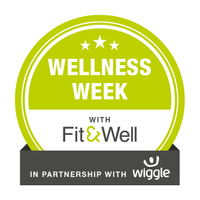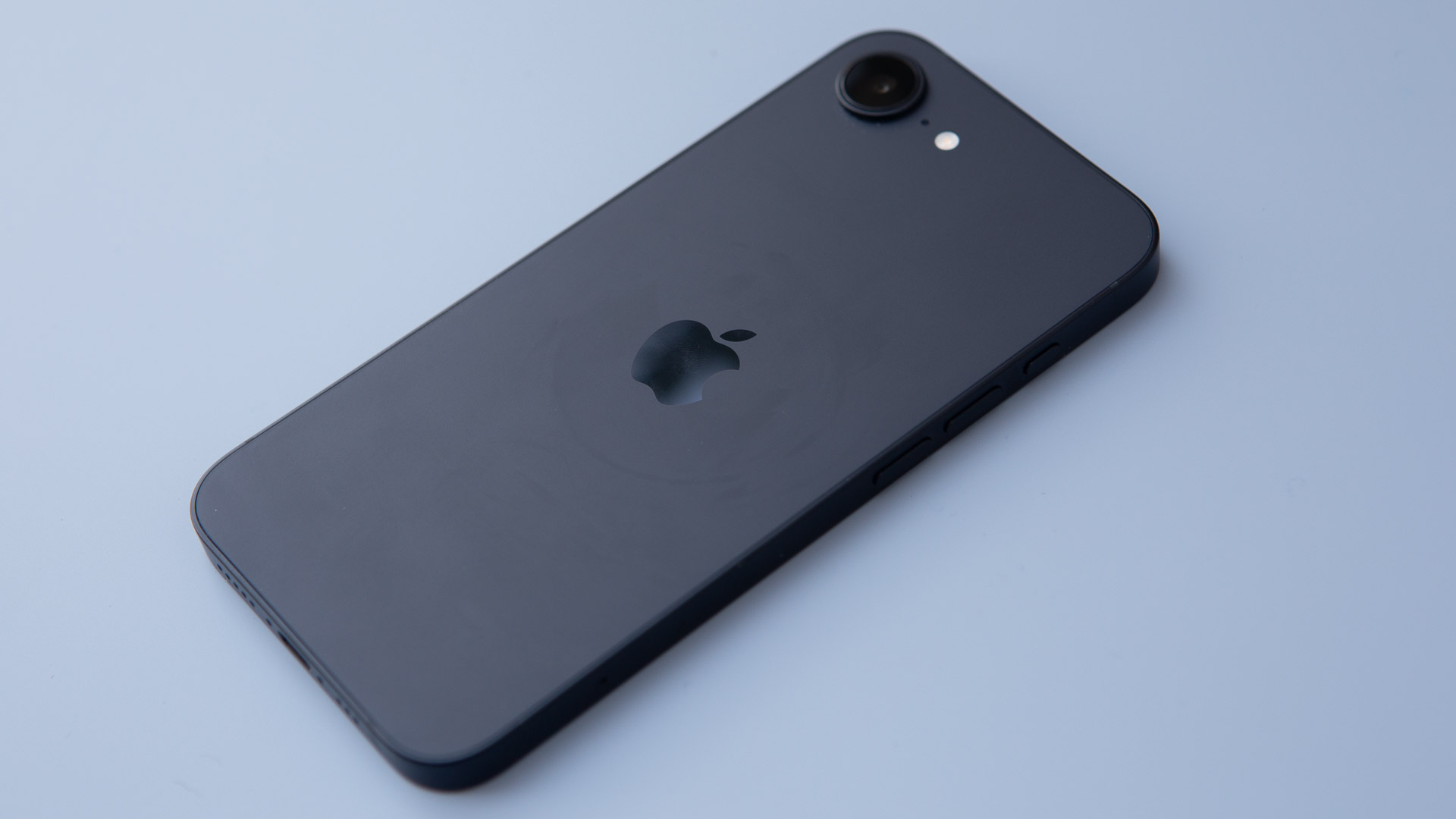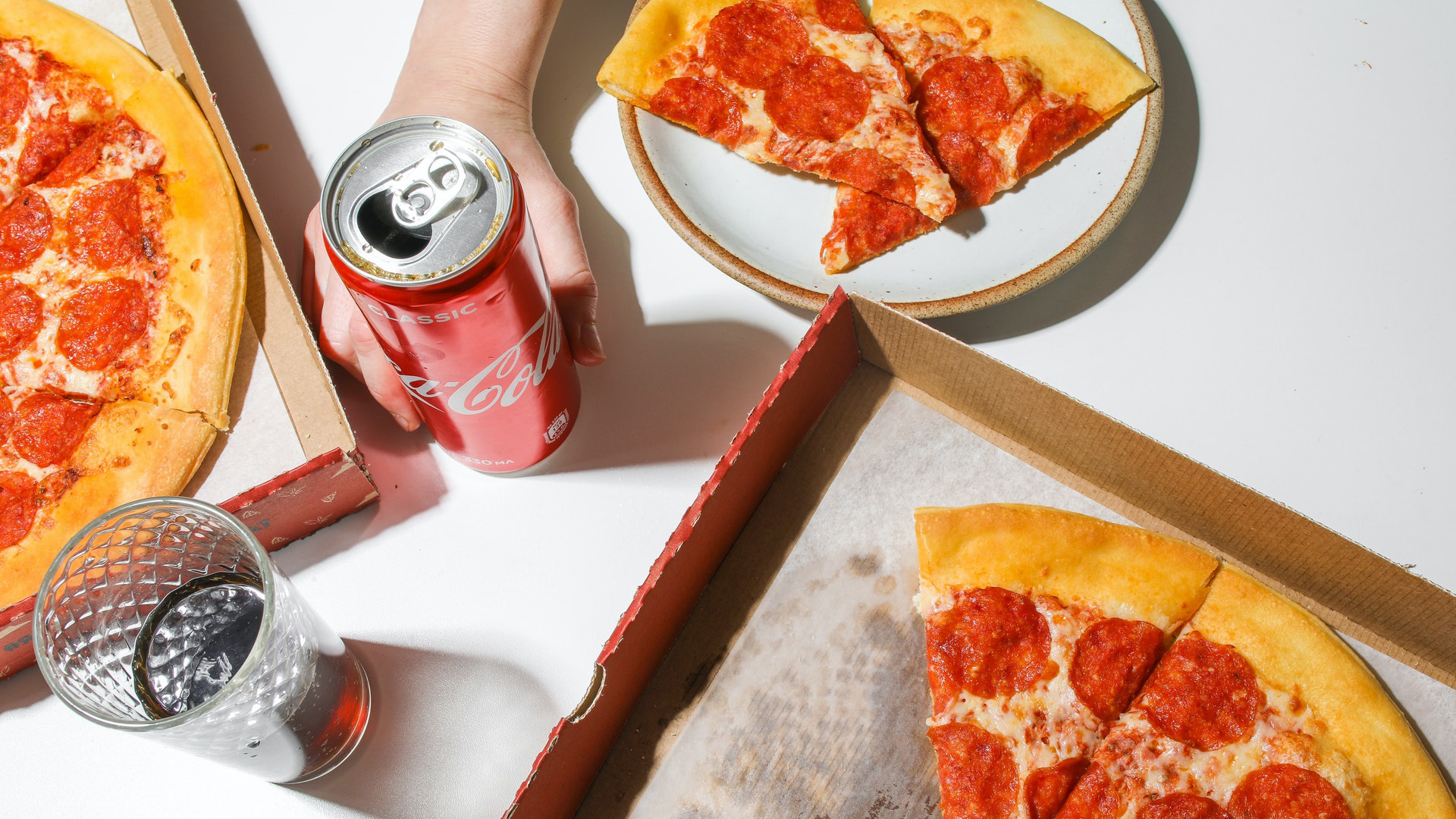

Lower cholesterol is the key to wellness for many people. Pop quiz: do you know what your cholesterol level is? Come on, I must hurry you… The chances are your answer to that question is no – and you’re not alone.
While most people can happily recite their height, weight, vital statistics, and maybe even their blood pressure, if they’ve had a check-up recently, cholesterol remains something of a mystery. Yet high cholesterol is often referred to as an invisible killer, leading, as it can, to blocked arteries, coronary disease, angina, heart attacks and strokes.
Until you reach one of those unhappy outcomes, however, you’re unlikely to have a clue that you’re in peril – there’s no ‘feeling’ of high cholesterol and you won’t suffer any symptoms. So how do we lower cholesterol, what is it, and if it’s so dangerous, why do we even need it in our bodies?
- Learn how to lower blood pressure
- Keep an eye on your heart's health with one of the best heart rate monitors
- What are superfoods? Supercharge your diet today
What is cholesterol?
We ingest cholesterol through our food, usually in the form of animal products but we also manufacture up to 2g a day in our liver. It’s a waxy substance that forms a vital part of our cell membranes, helping to keep the cell’s wrapping structurally sound while still allowing nutrients to move in and out. It’s also involved in the production of vitamin D in our bodies, as well as the sex hormones oestrogen and testosterone.
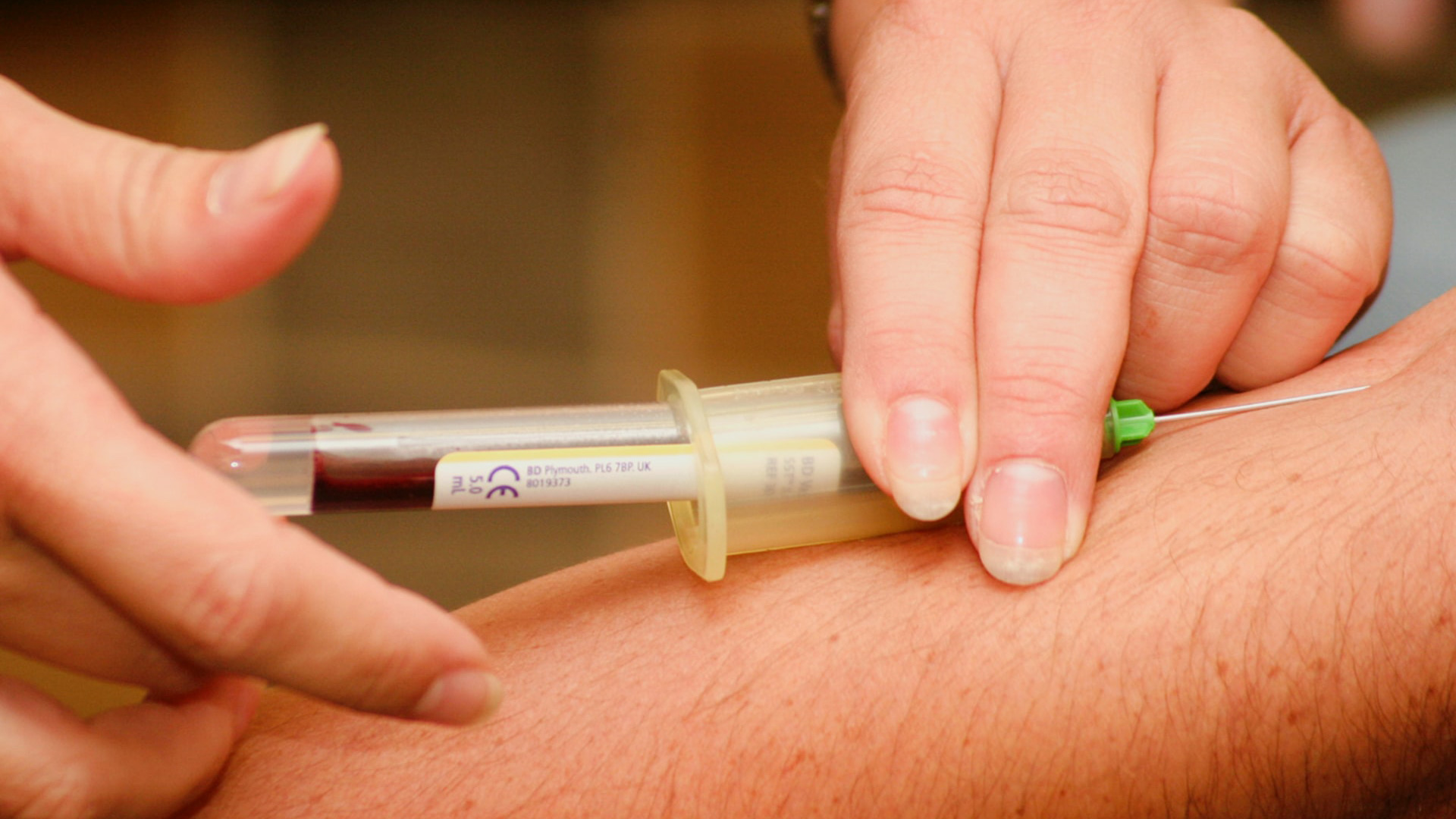
A blood test will reveal if you need to lower cholesterol levels
Good cholesterol vs bad
Not all cholesterol is created equal. There are two distinct types that perform diverse roles. Fats aren’t soluble in water, so they need something to transport them around the body – and that driver is known as a lipoprotein (a complex of fat and protein).
Bad cholesterol: LDL
Low-density lipoproteins (LDLs) deliver fats and cholesterol from the liver around the body, where they can be used to make hormones, build or maintain the cells or go into storage.
However, LDLs do not behave like a five-star Uber driver – they can lose cholesterol passengers during their meandering route through the bloodstream. These rogue passengers can then cling to the walls of the arteries, causing a build-up of plaque that narrows the vital blood vessels. That in turn can lead to high blood pressure, put a strain on the heart and cause blood clots.
Sign up to the T3 newsletter for smarter living straight to your inbox
Get all the latest news, reviews, deals and buying guides on gorgeous tech, home and active products from the T3 experts
Good cholesterol: HDL
There is help at hand – high-density lipoproteins (HDLs) can Hoover up these poor unfortunate lost cholesterol souls and return them to the liver, where they can be recycled or broken down in bile. Hence HDLs are known as ‘good cholesterol’ while LDLs are the villains of the piece.
Smoking, toxins and extreme stress can also have an impact on the way your body copes with cholesterol, according to The Canadian Journal of Cardiology.
Cigarettes, pollution and processed foods increase oxidation in the blood, which produces damaging free radicals. In turn, free radicals can lead to cancer and destabilise the LDLs, making them harder to clear from the arteries and allowing them to be a potential cause of inflammation.
Why do I need to lower cholesterol levels?
High LDL cholesterol levels can lead to a host of circulatory diseases – high blood pressure, atherosclerosis (narrowing of the arteries), peripheral arterial disease and vascular dementia, as well as stroke and heart attacks – but it’s something relatively easy to lower. For example, a 2017 study found that a plant-based diet could significantly reduce LDL levels in a four-week period.
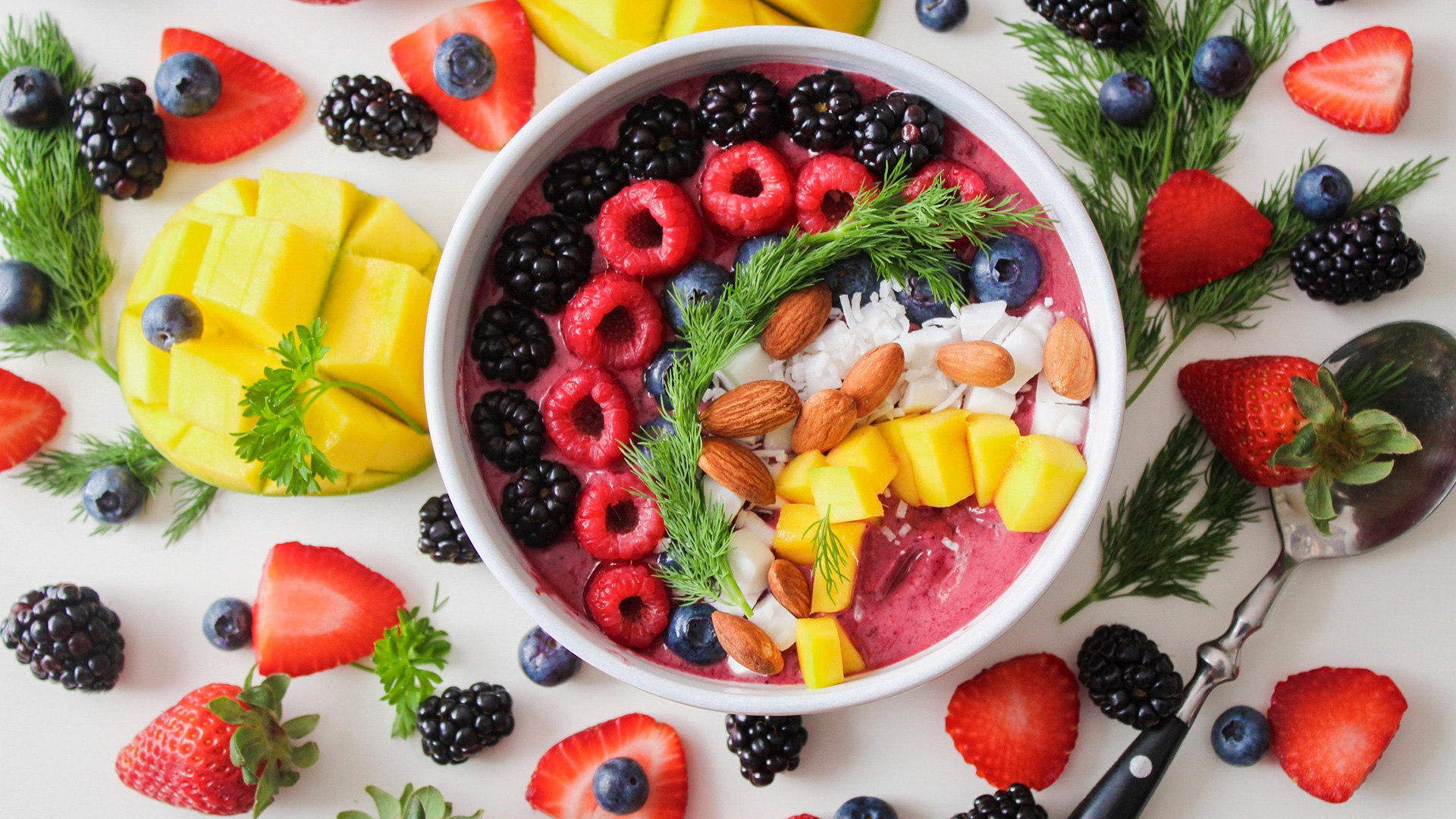
How to lower cholesterol: plant-based diets can help
The best way to get tested is to visit your GP – if you’re aged between 40 and 74, it’s part of the NHS Health Check that you’re entitled to every five years. Your doctor will either take blood from your arm or from a finger-prick. They’ll measure your total cholesterol, your LDL and HDL levels and the triglycerides (fatty acids) in your blood.
According to NHS.uk, healthy cholesterol levels are as follows:
- Total cholesterol: 5 or lower
- HDL: 1 or higher
- LDL: 3 or lower
- Triglycerides: 2.3 or less
Home tests are available from some high street chemists, but they usually only measure total cholesterol and the results can be difficult to interpret. If you’re already under a doctor’s care for high cholesterol, these commercial tests offer a handy way of keeping your eye on your overall cholesterol level, but otherwise it’s best to get your GP to check you out first.
What foods lower cholesterol?
When it comes to eating better - and lowering your cholesterol at the same time – make sure you get your five a day! Fill two-thirds of your plate with colourful vegetables, from the best source you can find. Also, do make sure that you’re eating antioxidant-packed fresh fruit.
Which are the best fruits to lower cholesterol?
Blueberries, cranberries, grapes, apricots and redcurrants are all high on the list. Eating fresh fruit brings the added benefit of providing fibre, which binds with cholesterol in the digestive tract to escort it out of your system safely. For the same reason, whole grains and legumes should make up the majority of your plate’s final third.
Oily fish, such as salmon and mackerel, and/or seeds and nuts should complete your meal. This is because they all contain omega-3 fats, which have been shown to reduce LDL levels.
To sum up, these are the best things to eat and drink to lower cholesterol:
- Fresh vegetables
- Legumes – beans
- Fresh fruit
- Whole grains
- Oily fish
- Nuts and seeds
- Green or black tea
- Dark chocolate
Can I still eat meat?
If you’re a big meat eater, try to reduce your intake and go for the best quality you can. When you choose quality over quantity you can eat small portions of grass-fed and organic produce – and enjoy every mouthful.
Processed meats, such as sausages, meat pies and any foods containing trans-fats are a no-no, as they have been shown to reduce good HDL cholesterol.
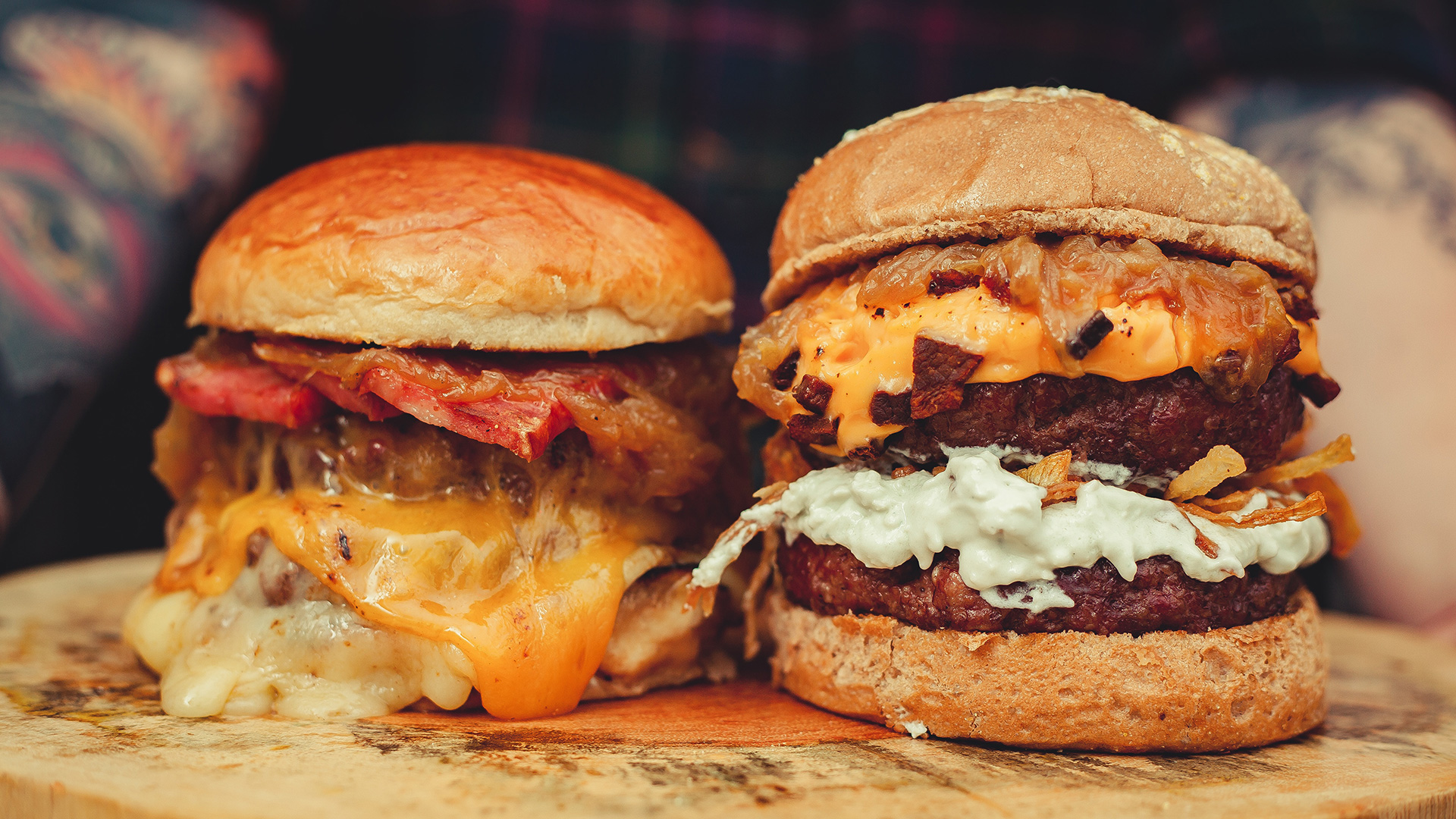
Avoid processed meats if you want to lower your cholesterol levels
It’s not all bad news, though, you can still have a treat. Dark chocolate and cocoa are rich in flavonoids, which can lower LDL and raise HDL (the good cholesterol) levels.
What can I drink to lower cholesterol?
Black tea and green tea have both been shown to lower blood cholesterol, due to their antioxidant content. Drinking tea can reduce the risk of arterial plaque building up and causing heart disease.
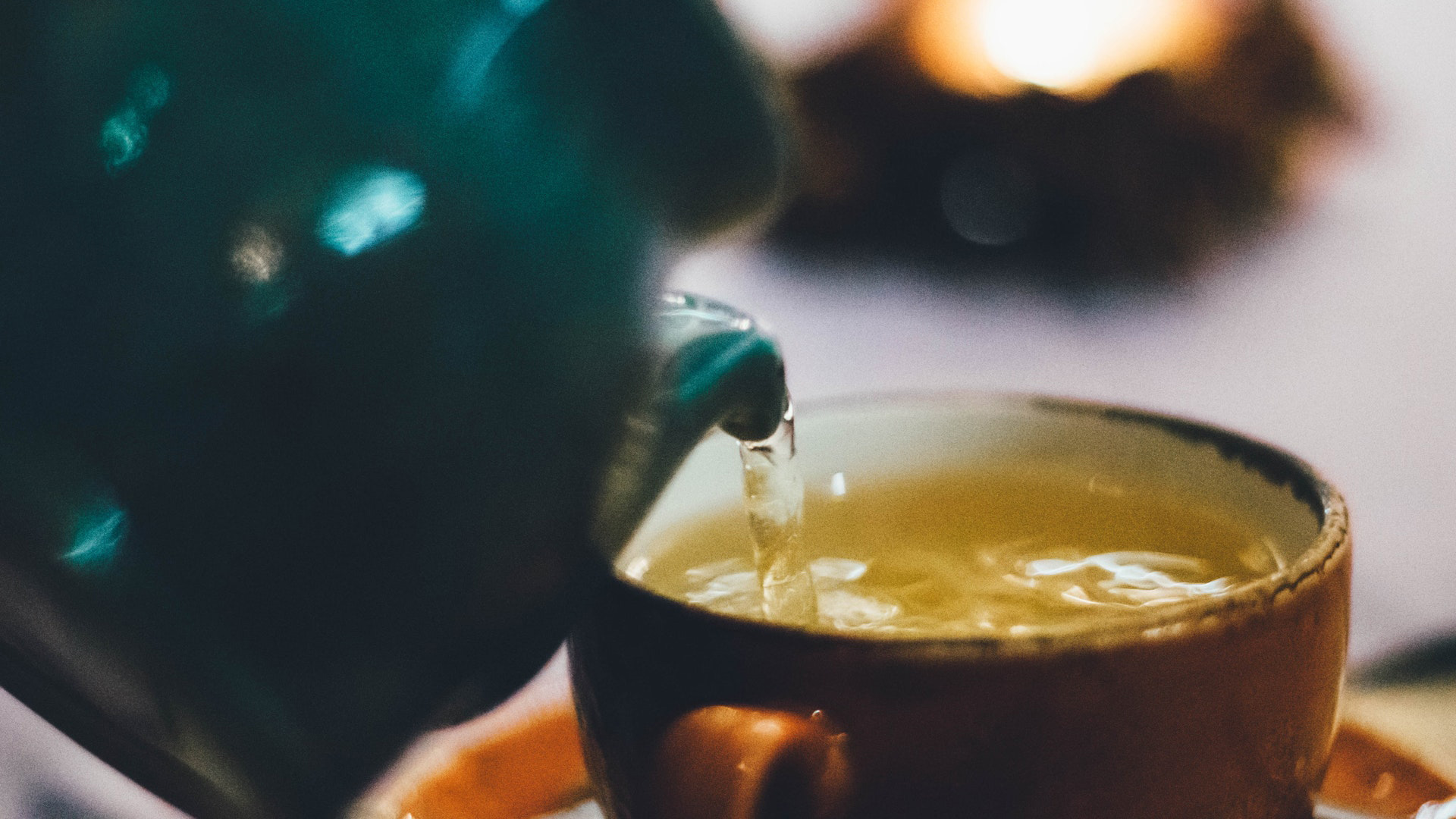
Drinking green or black tea can help lower cholesterol
Coffee, however, should be a more occasional drink, because oils from coffee beans, such as cafestol, have been shown to disrupt the body’s ability to regulate cholesterol. What is the healthiest way to brew coffee? Choosing filter coffee is safer for your heart than any method that involves simmering the ground beans in water (French press, or Norwegian coffee).
Can alcohol lower cholesterol?
Headlines proclaiming that red wine is good for your heart do appear in the popular press regularly. But alcohol’s effects on HDLs and LDLs are still not fully understood.
Low to moderate consumption of alcohol seems to have a positive effect on good cholesterol, but drinking more than 14 units a week and binge-drinking can have the opposite effect, instead increasing your LDL (bad cholesterol) levels.
What else can I do to lower cholesterol?
Get moving. Activity and exercise are key to winning the cholesterol battle – gaining body fat will increase blood cholesterol. Both the British Heart Foundation and the NHS recommend at least 150 minutes of moderate intensity exercise per week, broken into 10-minute sessions, if you’re new to working out.
Walking, jogging, cycling, swimming or paddle boarding will all help to improve your circulation, which in itself is beneficial, and helps body fat maintenance.
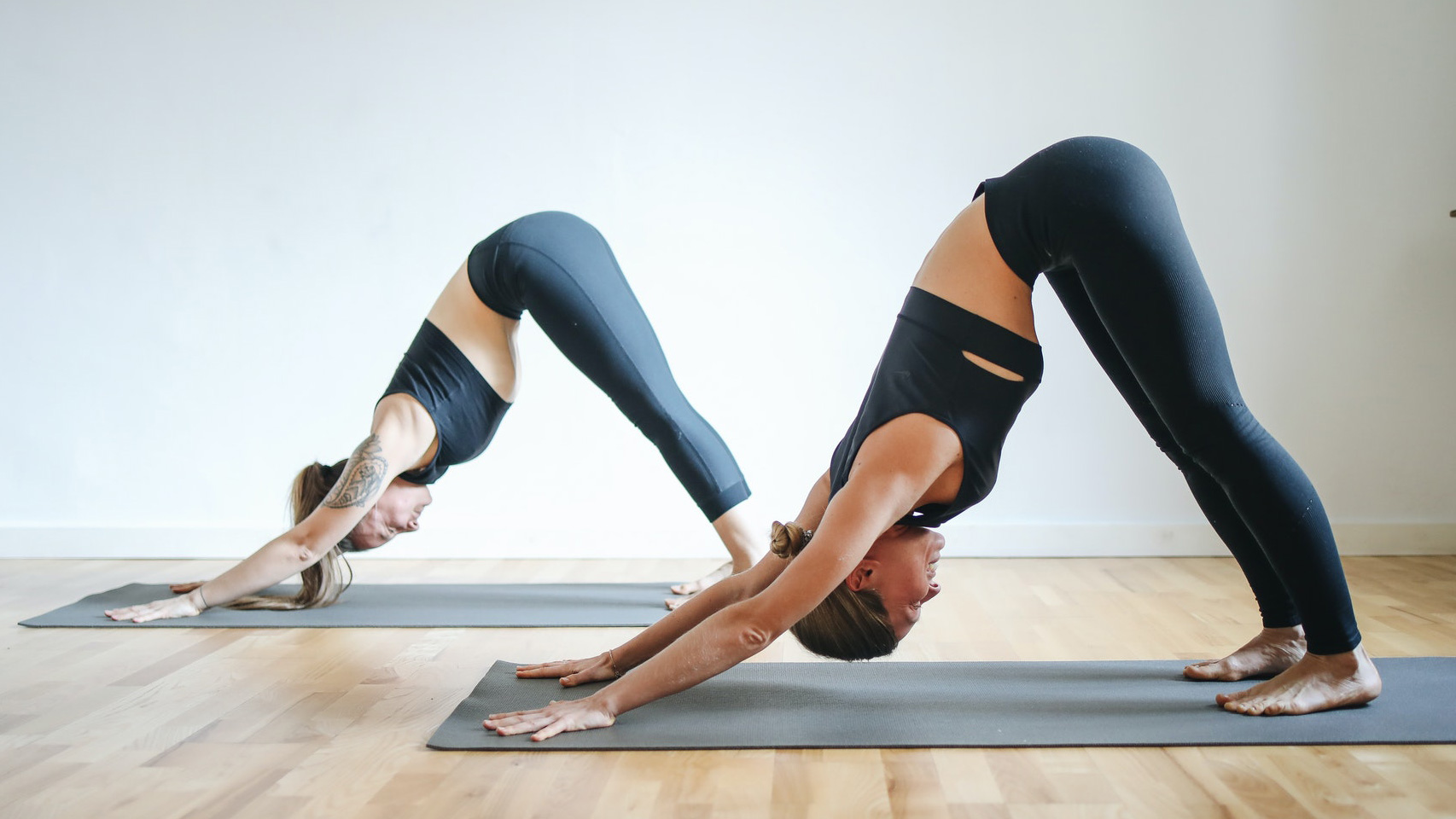
How to lower cholesterol: Yoga is one of the best exercises to try
Yoga’s benefits are two-fold, not only has it been shown to lower LDL levels, the stress-relieving nature of spending time on your mat will also reduce free radical creation. (The science is encouraging, so why not try T3's Best yoga workout for beginners?)
If you’re a smoker, giving up has been shown to boost your HDL level (good cholesterol), so head to the NHS website for help and advice on how to quit smoking.
Wellness Week on Fit&Well
Wellness Week is brought to you in association with Wiggle. Each day this week, we'll help you accelerate your wellness journey by making improvements across areas including fitness, diet and nutrition, mindfulness and more.
Colin Hubbuck has been a writer/editor for almost 30 years and is a personal trainer, nutritional advisor and boxing coach at Best-Self PT.
-
 I spent 6 weeks with the FoodMarble Aire 2: here’s what I learned about my gut health
I spent 6 weeks with the FoodMarble Aire 2: here’s what I learned about my gut healthI’ve been testing the clever breath-testing gadget with the companion app over several weeks to find out if it delivers on its promises
By Lee Bell
-
 Oil pulling is going viral on TikTok for stopping morning breath – but does it actually work?
Oil pulling is going viral on TikTok for stopping morning breath – but does it actually work?4 hacks that prevent morning breath, according to a sleep expert
By Bethan Girdler-Maslen
-
 These limited edition McLaren x Loop earplugs are what you need for Formula 1 season
These limited edition McLaren x Loop earplugs are what you need for Formula 1 seasonMcLaren teams up with Loop on limited edition noise-reducing earplugs
By Bethan Girdler-Maslen
-
 3 reasons why you wake up at 3am every night – and how to avoid it
3 reasons why you wake up at 3am every night – and how to avoid itAlways waking up in the middle of the night? This could be why…
By Bethan Girdler-Maslen
-
 Therabody experts give 7 tips for perfecting your sleep routine for World Sleep Day
Therabody experts give 7 tips for perfecting your sleep routine for World Sleep DayFrom breathing exercises to sleep masks, here’s how to prioritise sleep, according to experts
By Bethan Girdler-Maslen
-
 Loop Dream review: super soft earplugs to help you snooze soundly, even if you’re a side sleeper
Loop Dream review: super soft earplugs to help you snooze soundly, even if you’re a side sleeperSquishy silicone and uniquely shaped ear tips take Loop’s nighttime earplugs to dreamy heights
By Joanna Ebsworth
-
 Can’t get to sleep? Grounding bed sheets could be the answer – but I need convincing
Can’t get to sleep? Grounding bed sheets could be the answer – but I need convincingIs this the future of sleep tech?
By Bethan Girdler-Maslen
-
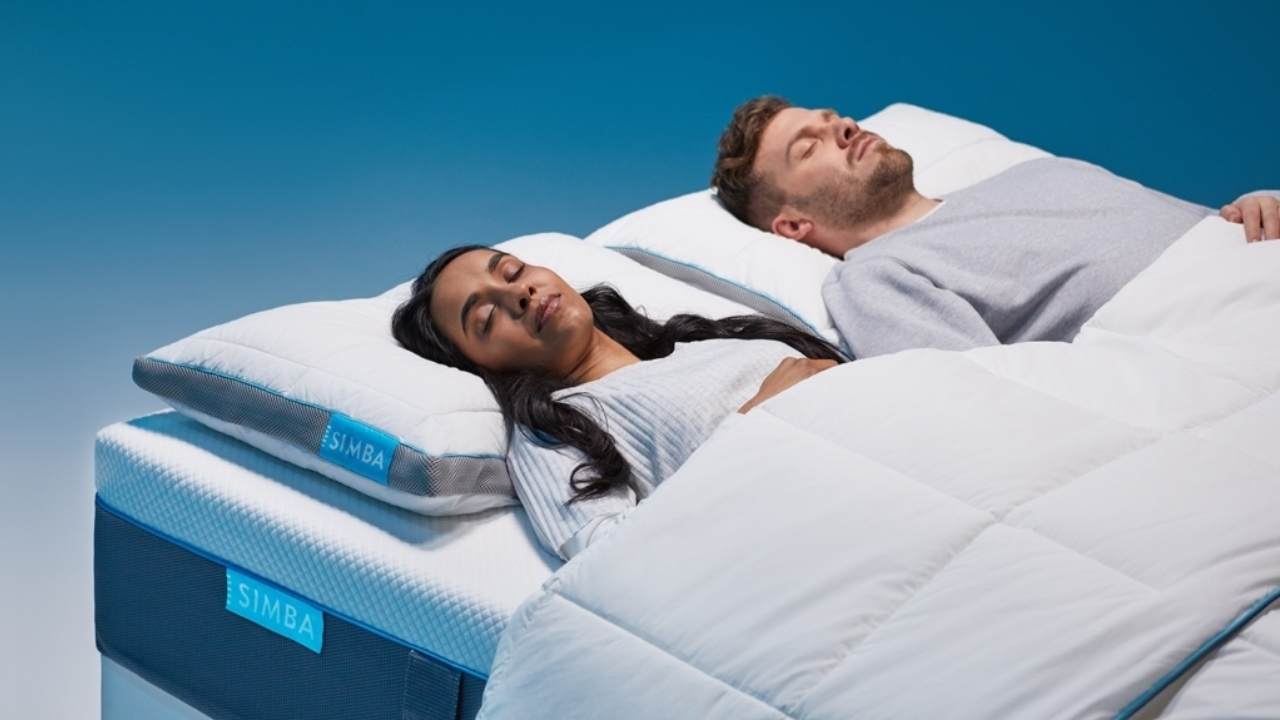 Simba reveals 3 shocking signs of sleep deprivation on the body
Simba reveals 3 shocking signs of sleep deprivation on the bodySimba’s latest study reveals the main physical effects of sleep deprivation
By Bethan Girdler-Maslen
